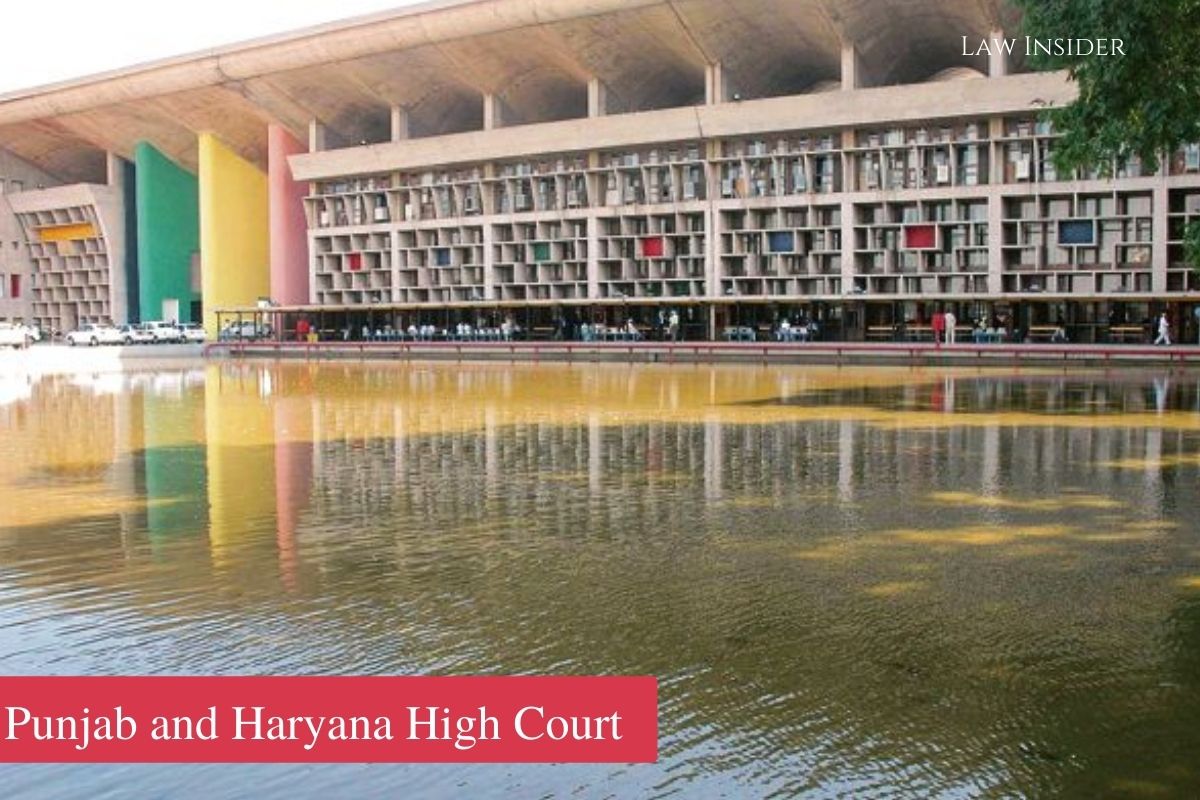Prerna Gala
Published on: September 9, 2022 at 19:01 IST
In a recent decision, the Punjab and Haryana High Court overturned a conviction for aiding suicide while observing that a suicide note should not be taken seriously until other factors support it.
Justice Sureshwar Thakur ruled in another complex decision, the likes of which the Supreme Court has frequently disapproved.
“The attributions of inculpation, in the purported dying declaration concerned, as purportedly authored by the deceased concerned, and, as appertaining to commission of suicide by the maker, and, appertaining to his becoming instigated by any purported potent instigator actus-reus of the offender(s) concerned, cannot per-se be believed, unless all the surrounding circumstances, and, other evidence also suggests that such attribution, is truthful, and/or, is not ridden with any aura of falsity, otherwise not.”
According to Section 306 of the Indian Penal Code, the appellant who is currently in front of the High Court was found guilty of aiding suicide (IPC). The trial court had given the deceased a five-year prison sentence based on a suicide note that was allegedly authored by him.
The judge noted the prosecution’s arguments that the deceased committed suicide after being provoked and instigated by the accused, and that the suicide note served as the cornerstone of the prosecution’s case.
The Court ruled that although the note’s contents were extremely strong evidence, it did not first constitute “proven to be not authored by the deceased.”
However, it is challenging to understand Justice Thakur’s justifications in paragraphs 13–17. For example, after reading the handwriting expert’s analysis on the validity of the suicide note, he came to the conclusion that,
“The sequel of the above lack of contemporaneity inter-se the drawings of the purported admitted writings by the deceased hence with the purported drawings of the suicide note, by him, is that, much scope was left for changes or variations occurring in the purported admitted writings of the deceased…”
“..since his purportedly scribing them, especially rather from the one(s), as, become carried in the suicide note to which Ex.PW-9/B is assigned. If so, the opposite comparisons were neither efficacious nor become amenable for any reliance being placed thereon.”
The order noted that the suicide note in this case was not admissible as evidence and that,
“The apt sequel is that, Ex.PW-6/A to Ex.PW-6/C, did never embody therein, rather the purported admitted writings of the deceased, with the consequent effect, that the apposite comparisons were completely frail, and, fragile, conspicuously when even otherwise PW-20 has not spoken about the imperative factum of inter-se contemporaneity of the drawings of compared documents.”
Advocates SS Dahiya and Bikram Chaudhary defended the appellant, and Advocate Pradeep Prakash Chahar defended the State.
Just yesterday, the Himachal Pradesh High Court judgement, which was also rendered by Justice Sureshwar Thakur, before he was transferred to the Punjab & Haryana High Court in 2021, was remanded to the Himachal Pradesh High Court after the Supreme Court deemed the judgement under challenge to be “incomprehensible.”
Additionally, this is not the first time the Supreme Court has reversed Justice Thakur’s orders.
A Bench of Justices KM Joseph and PS Narasimha had stated in January of this year that it might be necessary to send a case back to the High Court with a directive to recast the judgement because of the wording used.
In that instance, the Bench had joked, “Is this in Latin?”
“The purpose of writing a judgment is to communicate the basis of the decision not only to the members of the Bar, who appear in the case and to others to whom it serves as a precedent but above all, to provide meaning to citizens who approach courts for pursuing their remedies under the law. Such orders of the High Court as in the present case do dis-service to the cause of ensuring accessible and understandable justice to citizens.”

